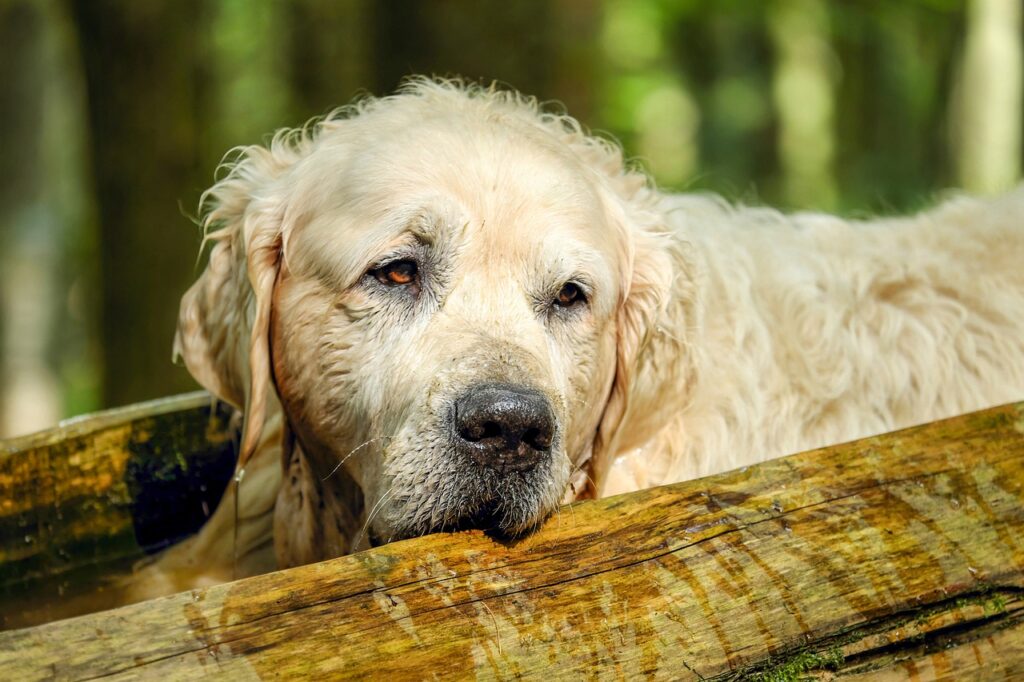Can Dogs Eat Scallops? – No, They can’t
When it comes to feeding our furry friends, we must choose their snacks wisely. Unfortunately, scallops aren’t the best choice for a canine companion. Although scallops are a delicious seafood treat for humans, they don’t provide the same joy or nutritional benefits to dogs. In fact, they can pose potential risks such as digestive upset or allergic reactions. So, although they aren’t toxic, it’s better to err on the side of caution and say no to scallops for dogs.
Can Puppies Eat Scallops?
When considering puppies, the answer remains similar—no, puppies should not eat scallops. Puppies have even more sensitive digestive systems than adult dogs and introducing seafood such as scallops could cause unwanted digestive issues. Moreover, puppies require a carefully balanced diet to support their rapid growth and development, which scallops cannot provide.
Things to consider when feeding scallops to puppies?
Given that puppies should avoid scallops, it’s important to focus on their nutritional requirements, which consist of high-quality puppy food formulated for their size and breed. Foods rich in lean protein, vitamins, and minerals are ideal for a puppy’s growth, contrasting with the non-essential addition of scallops to their diet.
Nutritional Benefits of Scallops for Dogs – Why Dogs can’t have Scallops
High Sodium Content
Scallops, especially those that are not fresh and come preserved, often contain high levels of sodium, which is not ideal for dogs. Excessive salt intake can lead to serious health issues such as sodium ion poisoning.
Possible Allergic Reactions
Some dogs can have allergic reactions to seafood, including scallops. It’s crucial to be aware of this possibility and avoid offering it to prevent potential health complications.
Choking Hazard
Small and sometimes tough, scallops can pose a choking hazard, especially to smaller dogs or puppies. It’s important for your pet’s safety to avoid giving them foods that may cause choking.
Rich in Cholesterol
Scallops have high cholesterol content. For dogs, especially those with existing health conditions, high cholesterol foods are not recommended and can lead to health problems.
Potential for Digestive Upset
Seafood, including scallops, can upset a dog’s stomach, leading to diarrhea or vomiting. To ensure your dog’s digestive health, it’s best to stick to their regular diet.
Potential Allergies: Can Dogs Be Allergic to Scallops?
Yes, it is possible for dogs to be allergic to scallops. Like humans, dogs can develop allergies to a variety of foods, including certain types of proteins found in seafood.
Symptoms of Scallops Allergies in Dogs
- Skin Irritation: Look for signs of itching, redness, or hives on the skin.
- Digestive Troubles: Be alert to symptoms such as vomiting or diarrhea.
- Respiratory Issues: Wheezing or coughing can be symptoms of an allergic reaction.
What to Do If Your Dog Shows Symptoms?
- Consult a Veterinarian: If you notice any allergic symptoms, seek professional advice immediately.
- Elimination Diet: Your vet might suggest an elimination diet to identify the allergen.
- Emergency Care: In severe cases, such as anaphylaxis, emergency veterinary care is crucial.
Recommended Amount: How Much Scallops Can a Dog Consume?
Given the potential risks associated with feeding scallops to dogs, such as high sodium and cholesterol levels, along with the potential for allergic reactions, it’s recommended to avoid feeding scallops to dogs entirely. Instead, focus on providing a balanced diet suited to your dog’s specific nutritional needs.
Things to Consider When Feeding Scallops to Dogs
While scallops should generally be avoided, if you do choose to feed your dog scallops, it’s essential to cook them thoroughly (unseasoned), offer only a small amount as a very rare treat, and monitor your dog closely for any adverse reactions.
How to Feed Scallops to Dogs: A Quick Guide
Although it’s not recommended to feed scallops to your dog, if you’re determined to share a bit of this seafood treat, ensure that it’s plain, fully cooked, and given in very small quantities. Never feed raw scallops due to the risk of bacteria and parasites.
Simple Cooked Scallops (Not Recommended)
Steam or boil scallops without any seasoning, including butter, garlic, or onions, which are harmful to dogs. Chop them into small, manageable pieces to reduce choking risks.
Scallop-Flavored Dog Treats (Alternative)
For a safer option, look for dog treats that are scallop-flavored but made specifically for dogs. These are formulated to be safe and enjoyable for your pet.
Homemade Dog-Friendly Seafood Mix
Consider making a homemade mix with safer seafood options like plain, cooked salmon or whitefish, ensuring all bones are removed and servings are appropriate for your dog’s size.
Conclusion
In summary, while scallops are a tasty seafood delicacy for humans, they’re not suited for canine diets due to health risks and potential allergies. Instead, stick to a balanced dog-specific diet and consult with a vet before introducing new foods. Remember that keeping your pet healthy and safe is the top priority.



